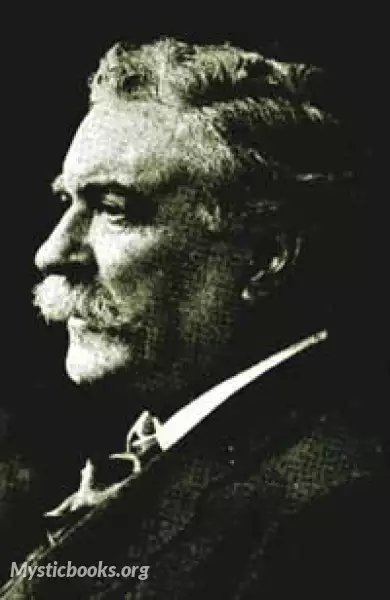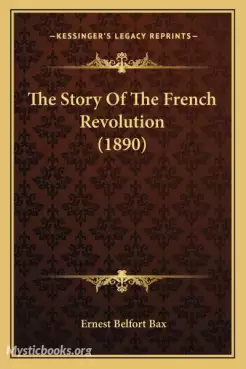
Timeline
Title
Country/Nationality
Ernest Belfort Bax
Ernest Belfort Bax was an English barrister, journalist, philosopher, men's rights advocate, socialist, and historian.
Ernest Belfort Bax was born in Leamington Spa, son of Daniel Bax, a wealthy Mackintosh raincoat manufacturer and traditionalist nonconformist. Bax's elder brother, barrister Alfred Ridley Bax, was father of the composer and writer Arnold Bax and the playwright and essayist Clifford Bax. In his Reminiscences and Reflexions of a Mid and Late Victorian he describes the narrow Evangelicanism and Sabbatarianism in which he was brought up which he describes as having left "an enduringly unpleasant reminiscence behind it".
He was privately educated by tutors between the years 1864–1875, and influenced by George Lewes, William Lecky, Alexander Bain, Herbert Spencer and John Stuart Mill, which contributed to his dedication to rationalism. At the age of sixteen his interest in public affairs was awakened by the Franco-German War, and by its sequel, the Commune. His political ideas during this period amounted to a commonplace radicalism combined with aspirations to economic equality.
In his youth Bax had an interest in music and could play the piano, and at the age of 21 he went to Germany to study music. He visited there again in 1880 as Berlin correspondent of The Standard. It was then that he met with Eduard von Hartmann and came into contact with German philosophy in general. After studying for a period, his interest in Mill, Spencer and Bain yielded to the German greats Kant and Hegel, and his philosophical interests remained with him for life.
Bax was first introduced to socialism while studying philosophy in Germany in 1879. He combined socialist ideas with those of Immanuel Kant, Arthur Schopenhauer and Eduard von Hartmann. Keen to explore possible metaphysical and ethical implications of socialism, he came to describe a "religion of socialism" as a means to overcome the dichotomy between the personal and the social, and also that between the cognitive and the emotional. He saw this as a replacement for organised religion, and was a fervent atheist, keen to free workers from what he saw as the moralism of the middle-class.
Bax moved to Berlin and worked as a journalist on the Evening Standard. On his return to England in 1882, he joined the SDF, but grew disillusioned and in 1885 left to form the Socialist League with William Morris. After anarchists gained control of the League, he rejoined the SDF, and became the chief theoretician, and editor of the party paper Justice. He opposed the party's participation in the Labour Representation Committee, and eventually persuaded them to leave.
Almost throughout his life, he saw economic conditions as ripe for socialism, but felt this progress was delayed by a lack of education of the working class. Bax supported Karl Kautsky over Eduard Bernstein, but Kautsky had little time for what he saw as Bax's utopianism, and supported Theodore Rothstein's efforts to spread a more orthodox Marxism in the SDF.
Initially very anti-nationalist, Bax came to support the British in World War I, but by this point he was concentrating on his career as a barrister and did little political work.
Books by Ernest Belfort Bax

The Story of the French Revolution
"The following sketch of the course of the French Revolution was originally published during 1889 in serial form in "Justice," the weekly organ of the Social Democratic Federation. It has been revised, corrected, and, in some parts, added to, for th...